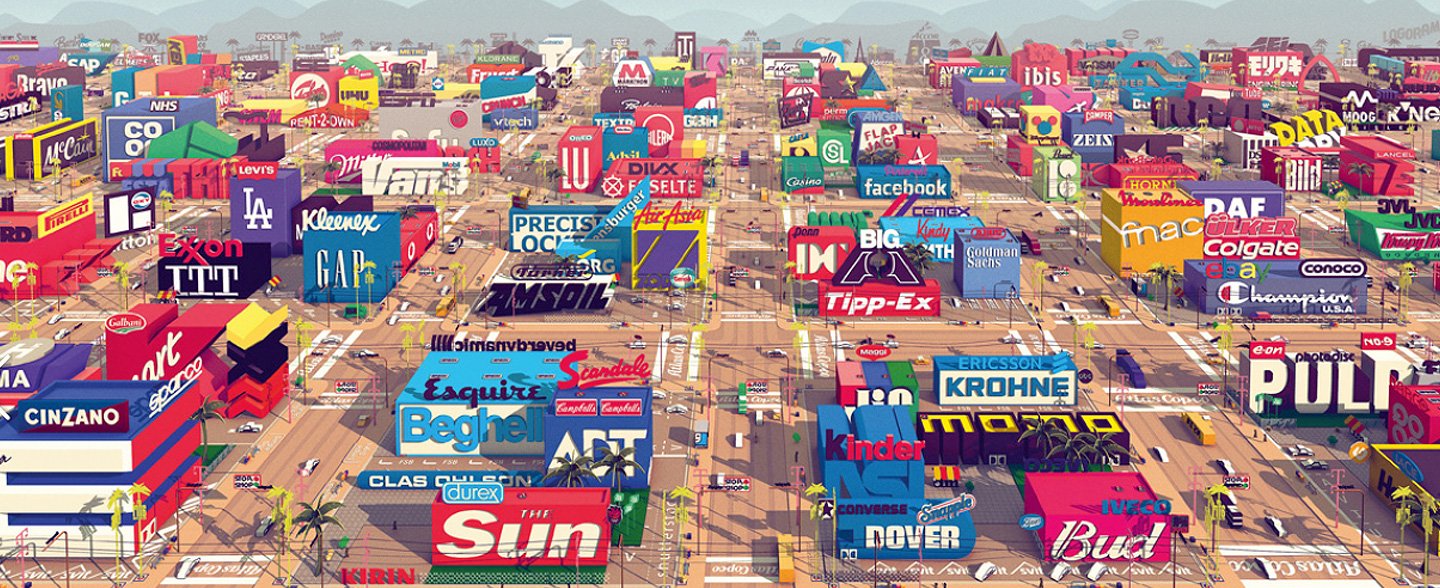he hatchet seemed to have been buried. Baselworld and Watches & Wonders had finally agreed on compatible dates. Each of the two exhibitions was in the process of being transformed: Watches & Wonders would be opening up to the public, through the “In the City” initiative; and Baselworld was edging towards its goal of becoming a global and interactive platform for the entire international watchmaking community..
Alas, the coronavirus landed like a 16-pound bowling ball, knocking down all the carefully placed pins in one devastating blow.
Baselworld made the first move, deciding to go it alone by cancelling its April 2020 event and moving it, without consultation, to January 2021. This left Watches & Wonders – unable to revert to the original dates for the simple reason that its exhibition space was occupied – in the lurch.
If this was a game of go – and therefore one of occupation of territory – one could only salute the bold move of Baselworld. But the player, overconfident in his mastery and believing his position to be unassailable, was about to commit a fatal mistake.
If it was a game of go – and therefore one of occupation of territory – one could only salute the bold, albeit somewhat cynical, move of Baselworld, which appeared to have regained the advantage. But the player, overconfident in his mastery and believing his position to be unassailable, was about to commit a fatal mistake. While all the factories were forced to close their doors, and one by one watched their markets closing, Baselworld, as the owner of its own exhibition space and a fine war chest in cash, announced that the game was now to be played by new rules.
In response to the cancellation of its exhibition, the show offered its exhibitors a proposal: Baselworld would defer 85% of the costs invoiced for 2021, while keeping 15% for itself, to cover current expenses or, alternatively, it would reimburse 30% of invoiced costs while deferring 40% to 2021, thus keeping 30% for itself. Go figure. The reaction was immediate.

THE BIG BOYS FIGHT BACK
Barely ten days later, a press release came out, signed by Baselworld’s hitherto most loyal supporters, cornerstone brands Patek Philippe, Rolex and Tudor, Chopard and Chanel.
By announcing that they had taken the historic and concerted decision to leave Baselworld and withdraw strategically to Geneva, by joining forces with Watches & Wonders, scheduled for April 2021, and the Fondation de la Haute Horlogerie, they had lit the fuse to a time bomb that, beyond the probably fatal blow to the ambitions of Baselworld, will no doubt catch many collateral victims in the ensuing conflagration. And as always, these are among the most fragile populations in the watch world.
The collateral victims are among the most fragile populations in the watch world.

After the withdrawal of the Swatch Group, Seiko, Grand Seiko, Casio, Breitling and other players, the departure of the Big Four is probably the prelude to the definitive defection of LVMH (TAG Heuer, Hublot and Zenith, with Bulgari already gone), which had already expressed some hesitations and doubts.
THE UNDERDOGS PAY THE PRICE
Baselworld will therefore find itself stripped of its international watchmaking legitimacy. What will become of it? Above all, what will become of all the independent brands spanning the top, middle and bottom of the range, which also form a pillar of the watch world?
Baselworld’s unique identity came from its democratic mix of watchmaking “classes”.
Baselworld’s unique identity came from its democratic mix of watchmaking “classes”. The small independents producing a few dozen sublime watches a year, the inventors, the madmen, the great aristocrats, the dealers in $100 watches, the historic brands, the affordable brands, the dreamers and innovators, the lovers of vintage and steampunk, the fashionistas – in short, a whole world of watchmakers, innumerable and so diverse, could meet and exchange in an atmosphere of mutual encouragement. That world is now lost.
In the end, as a collateral victim of the coronavirus, watchmaking itself will lose out. And no amount of digital and interactive platforms will resurrect this “lost flavour”.

All the images are taken from Logorama, an exceptional animated short film, directed by François Alaux, Hervé de Crécy and Ludovic Houplain, from the French collective H5, which received an Oscar in 2010.
























